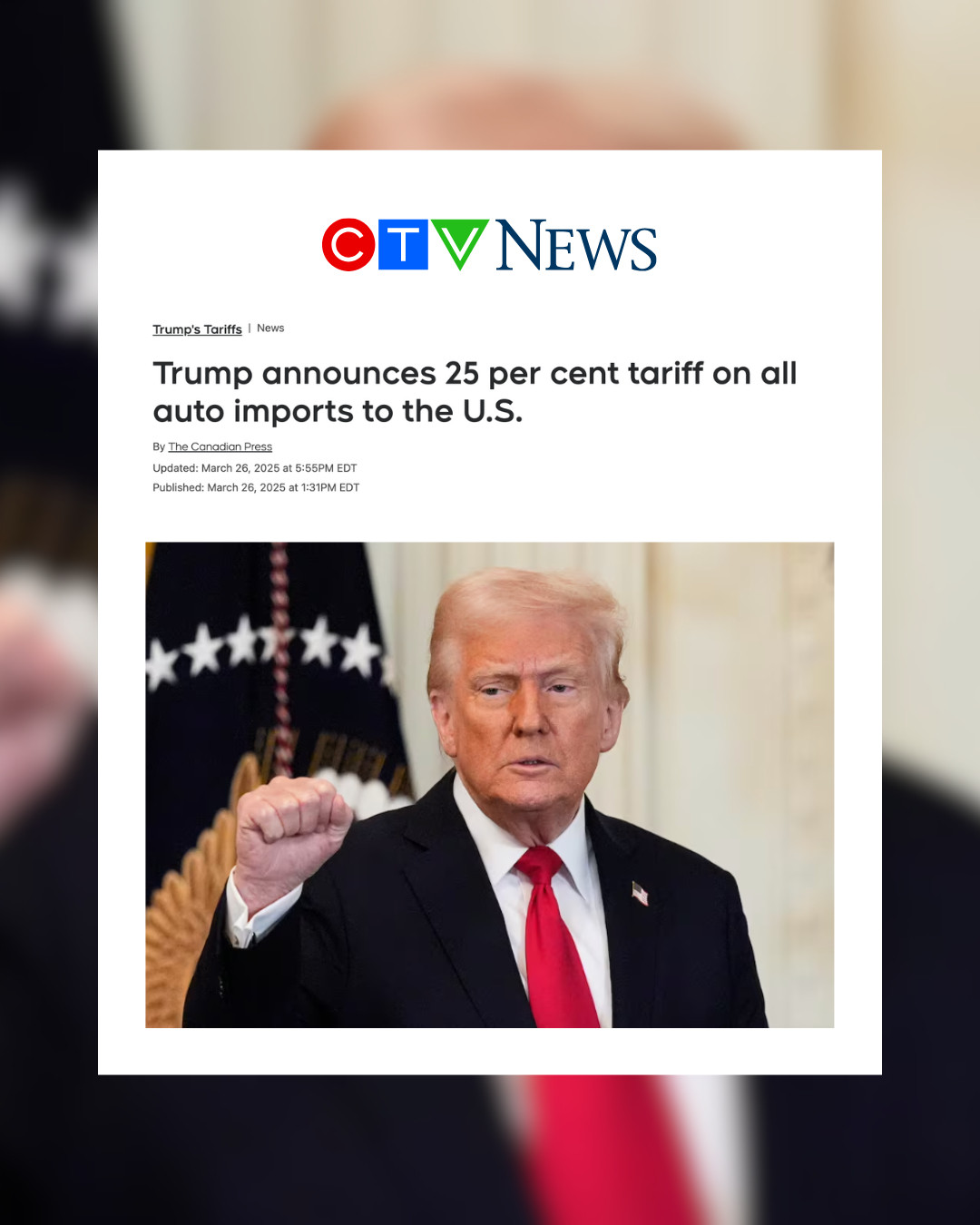Your analysis of Germany's situation fundamentally misunderstands how electoral systems interact with extremism.
First, your claim that "it is much harder to envision a party like the AfD gaining traction in an FPTP system" ignores the reality we're seeing in FPTP countries. In the US, extremist views didn't disappear - they captured an entire major party from within. The MAGA movement didn't need to form a separate party; it simply took over one of only two viable options. This is precisely why Team Permanent DST's question is so critical.
Your two "styles of issues" with PR reveal deeper misconceptions:
-
You claim PR "makes politics much less likely to produce significant or helpful change." What's the evidence for this? Countries with PR systems like the Nordic nations, New Zealand, and Germany have implemented far more substantial climate legislation, healthcare reforms, and social welfare programs than many FPTP countries. These policies tend to have greater longevity and stability precisely because they're built on broader consensus rather than imposed by minority-supported governments.
-
Your concern about "super broad" coalitions ignores how PR gives voters transparency about where parties actually stand. In Germany, voters can see exactly which parties refuse to work with the AfD and why. Under FPTP, these negotiations happen within parties, behind closed doors, before elections even occur. When extremism captures a mainstream party in FPTP, voters have nowhere else to go.
The key difference is accountability and containment. In Germany, the AfD's ~23% support translates to proportional representation - significant but contained. They remain excluded from governing coalitions because other parties refuse to work with them. By contrast, when extremists capture a major party in FPTP, they can gain control of entire governments with minority support, as we've seen in the US.
What's happening in Germany isn't a failure of PR - it's PR working exactly as designed. The system provides early warning about extremist support and creates transparent mechanisms to contain it, while still ensuring citizens who hold those views have representation proportional to their numbers (no more, no less). Meanwhile, FPTP's tendency to produce false majorities implementing policies opposed by most citizens creates precisely the kind of disenfranchisement that feeds extremism in the first place.
The rise of the AfD reflects genuine social concerns and tensions in Germany that would exist under any electoral system. The difference is that PR makes these tensions visible and addressable, rather than masking them until they capture an entire mainstream party.



Your contrast between PR and FPTP regarding extremism misses what's actually happening in both systems.
The AfD example actually demonstrates PR's strengths, not weaknesses. Under PR, Germany has a clear, transparent accounting of extremist support – roughly 23% – and a system that contains this influence proportionately. The remaining 77% can form coalitions that reflect the majority's will while acknowledging the real tensions within society.
Compare this to what FPTP does: it doesn't eliminate extremism – it camouflages it. Look at the UK, where Brexit was pushed through by a Conservative Party captured by its extreme wing, despite most citizens eventually opposing it. Or Canada's own experience with the Reform Party, which didn't disappear but instead took over the Conservative Party from within. This pattern of extremist capture of mainstream parties is FPTP's signature failure.
Your claim that PR coalitions can't create "significant legislation" contradicts international evidence. Nordic countries with PR have implemented groundbreaking climate policies, comprehensive healthcare systems, and robust social programs that FPTP countries struggle to match. These policies endure precisely because they're built on broader consensus rather than imposed by minority governments.
You mention the "super broad coalition" in Germany as a weakness, but this is democracy functioning properly – reflecting the actual distribution of voter preferences rather than artificially manufacturing majorities. When 77% of voters reject a particular ideology, shouldn't governance reflect that reality?
PR doesn't create division – it reveals divisions that already exist and provides democratic mechanisms to address them. FPTP masks these divisions until they erupt in destabilizing ways, as we've seen repeatedly in the UK, US, and increasingly in Canada.